India is witnessing a wave of pride and joy as the nation celebrates the remarkable achievement of its women’s blind cricket team. Their historic win at the inaugural Twenty20 World Cup for the blind has sparked widespread admiration and renewed conversations about inclusivity in sports. For millions across the country, this victory is more than just another trophy — it is a symbol of determination, courage, and triumph over adversity.
The final match, played in Colombo, showcased India’s dominance and impeccable teamwork as they secured a seven-wicket win over Nepal. Coming just weeks after the women’s ODI World Cup victory, this achievement further highlights the growing strength of women’s cricket in India. Beyond the stadium, the win is expected to inspire countless athletes with disabilities by proving that passion can overcome any limitation.
India’s Dominant Road to Victory
India’s journey through the tournament was marked by consistency, teamwork, and exceptional individual performances. Competing against teams from Nepal, Pakistan, Sri Lanka, Australia, and the United States, India topped the round-robin stage with confidence. Their tactical approach and strong execution put them in a commanding position heading into the final.
In the title clash, India opted to field first and restricted Nepal to 114 for five. Through disciplined bowling, excellent fielding, and sharp strategy, India set themselves up for a comfortable chase. The batting lineup then took control, completing the target in just 12 overs and losing only three wickets in the process.
A Game Built on Adaptation and Skill
Blind cricket comes with its own unique rules, carefully designed to ensure fair play and inclusivity. The game uses a plastic ball filled with metal bearings, allowing players to track its movement through sound. Athletes are classified into sight categories — B1 (fully blind), B2, and B3 — and teams must include a balanced mix from all groups.
The underarm bowling style, the use of runners for B1 batters, and the double-run counting for certain players all add tactical depth to the sport. The Indian side displayed exceptional mastery of these rules, proving their years of training, resilience, and unity on the field.
Players Who Fought Against All Odds
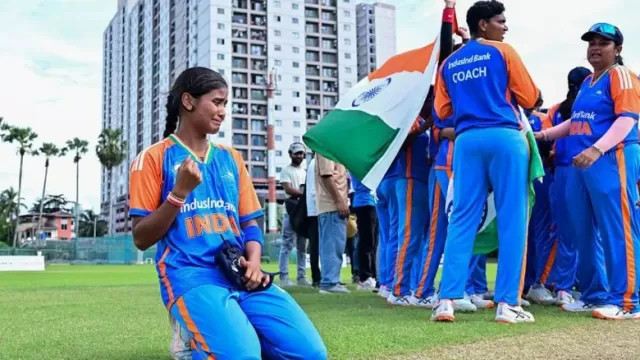
Many of India’s players come from humble backgrounds — rural villages, farming households, and small-town training hostels. Despite limited facilities and numerous personal challenges, they pursued the sport with unmatched dedication. Their journey to the World Cup was paved with effort, sacrifice, and community support.
Bowler Simu Das from Assam shared her hope that this win would encourage more girls with disabilities to participate in sports. Her words resonate with thousands of aspiring athletes who look up to the team as role models of strength.
A Celebration That Swept Across the Country
As news of the victory spread, celebrations broke out in cities, towns, and villages across India. A grand welcome awaited the team in Chennai, with further festivities planned in Bengaluru. From political leaders to cricketing legends, congratulatory messages poured in from all corners of the nation.
Federal minister Amit Shah called it a “historic day for Indian sports”, highlighting how the tricolour flies higher because of the team’s achievement. Former India captain Mithali Raj emphasised that this win proves no challenge is too big when talent and determination come together. Yuvraj Singh also praised the champions for inspiring the entire country.
Impact Beyond the Trophy
This monumental win is expected to elevate the profile of blind cricket in India. It shines a spotlight on the need for stronger support systems, better infrastructure, and expanded opportunities for athletes with disabilities. The victory will likely encourage more families to support their children — especially girls — in pursuing sports.
The World Cup started in Delhi on 11 November, moved to Karnataka, and culminated in Sri Lanka — a journey that reflects the growing recognition and scale of the sport. By lifting the inaugural trophy, India’s women have created a legacy that will inspire future generations.
A New Era for Inclusive Sports in India
India’s triumph in the women's blind T20 World Cup is more than a sporting milestone. It marks the beginning of a new era — one where athletes with disabilities receive the recognition, respect, and opportunities they deserve. As celebrations continue, one message stands out clearly: this victory belongs not only to the players but to every individual who believes in the power of hope and resilience.
The impact of this win will ripple across the country, encouraging young athletes everywhere to dream fearlessly. India’s women have proven that breaking barriers is possible when passion meets perseverance. Their historic moment in Colombo will forever be remembered as a defining chapter in Indian sports.
Also Read: Messi Magic: Star Scores and Assists 3 in Miami’s Big Win


Disclaimer
Possible11 is a sports news and analysis platform designed purely for entertainment and educational purposes. All match previews, player insights, and team analyses are based on publicly available information and expert opinions. We do not promote or support betting, gambling, or real-money gaming in any form. Users are encouraged to enjoy our content responsibly and use it for informational purposes only.
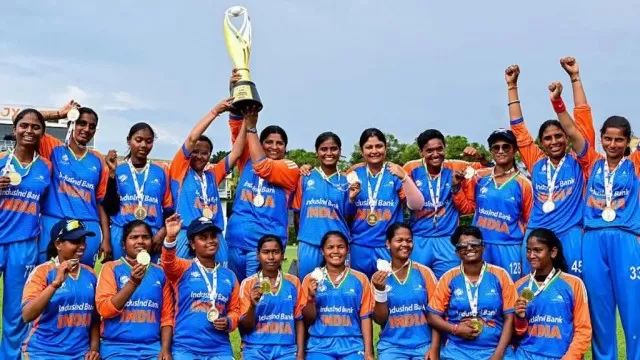
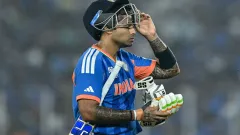

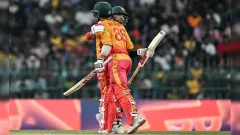

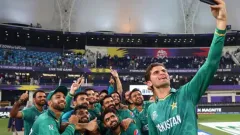
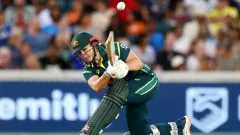



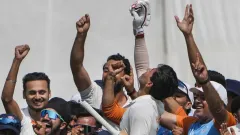


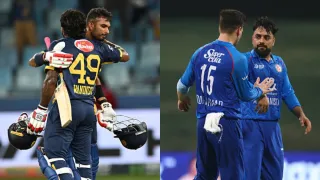



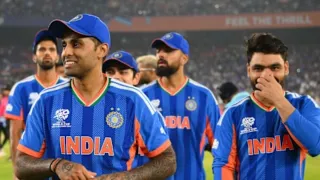
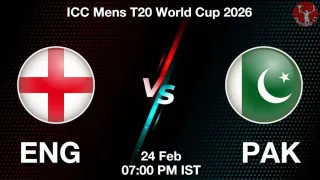
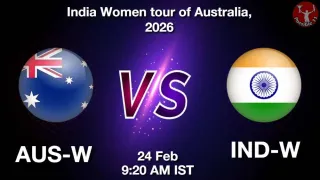
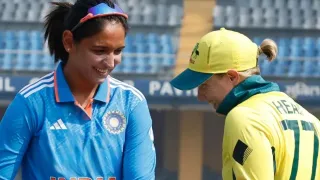
Give Your Feedback